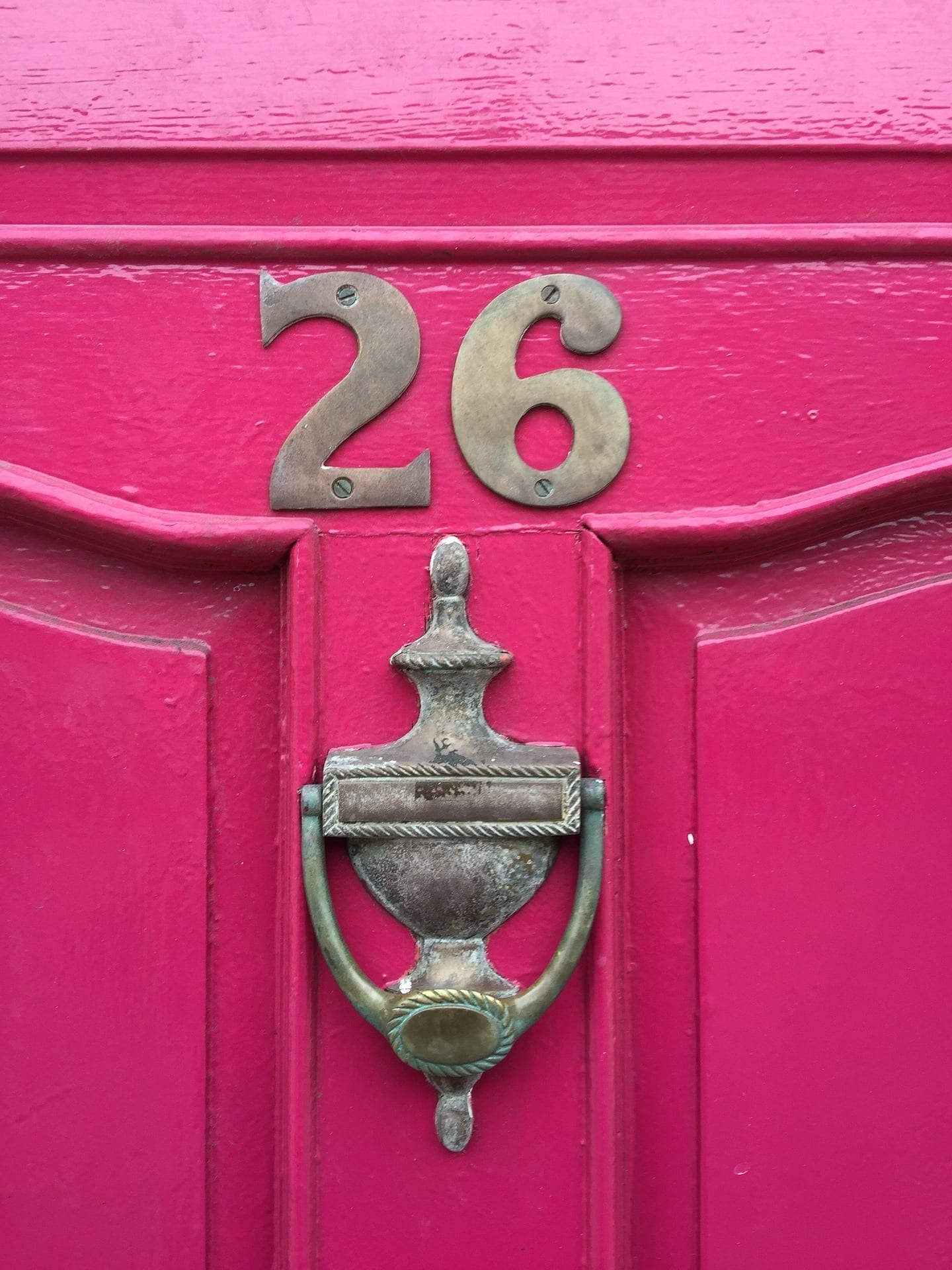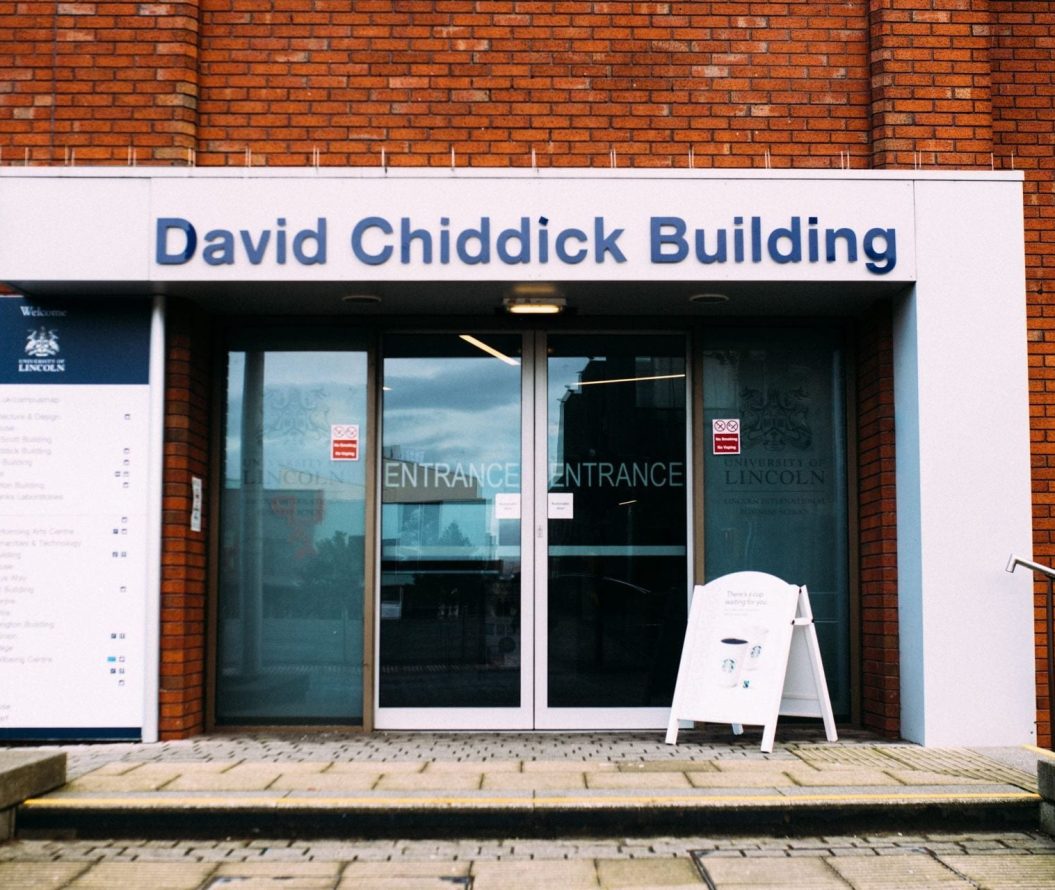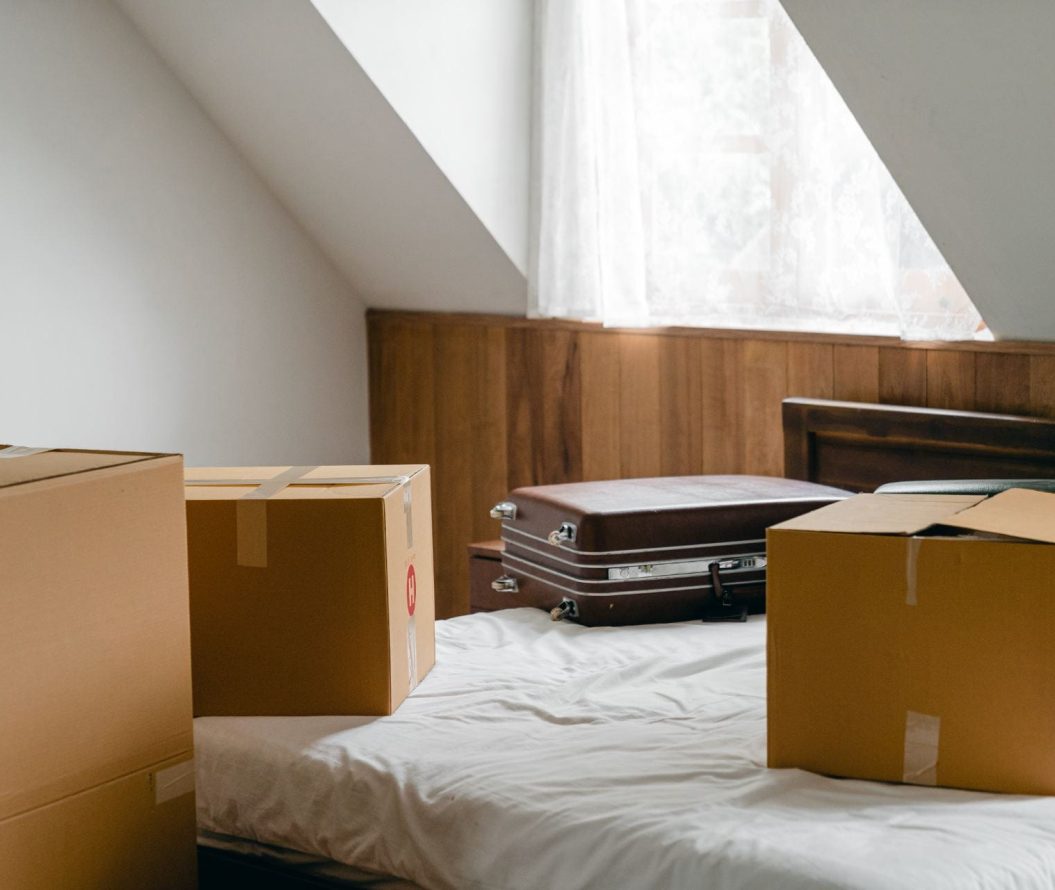
5 things to look out for during your house viewing
House viewings can be incredibly exciting, especially when you’re planning to live with some of your closest friends. You’ll probably explore a handful of flats and houses together, fantasising about how great your fairy lights and posters will look above that huge double bed.
While house-hunting will mostly apply to second and third years, it’s not uncommon for first-year students to search for a private property too.
Privately renting is often a cheaper option, and while you may have to walk a little further, a bigger bedroom and the addition of a cosy lounge can really make up for it.
When you eventually find a property you all agree on, it’s easy to dive straight into signing your tenancy agreement. Granted, a giant TV and reclining leather chairs are a huge draw, but it’s important that you fully inspect the place before committing to it.
To help you, here are five things to look out for during your house viewing.
Ethernet Ports:
While it’s fair to assume that every property will have WIFI, ethernet ports are less common. If your course or leisure time requires a high-speed connection, it’s unlikely that WIFI alone will be enough to meet the demand, especially if shared between a group. Ask about how fast your WIFI is!
Cupboard space:
Seems simple, but this issue caught me and my flatmates out when we first moved into our second year flat. The kitchen appeared to have four deep cupboards and enough space for the huge quantity of Tupperware I brought with me.
Only when we moved in did we realise that one of the cupboards was a boiler and that the cupboards weren’t nearly as deep as we’d thought. Make sure the property is big enough for the number of tenants it’s asking for.
Wear and tear:
Ask questions and take plenty of pictures. Will that mould be cleaned from the corner of the shower before you move in? Will the paintwork be touched up and the damaged furniture replaced?
It’s easy to overlook minor damage, especially if that chip on the kitchen counter doesn’t faze you. However, while you may not care, the landlord certainly will, and no one wants to lose their deposit for the damage they didn’t cause, right?
Plug sockets:
Before I start, let me begin by stating that yes, I am aware that extension cables exist. However, having one trailing across your room and over the front of your desk is pretty frustrating. If the plug sockets aren’t where you need them to be, and moving the furniture still can’t resolve it, then perhaps it isn’t the bedroom for you.
Security:
One of the biggest differences between official student accommodation and privately-rented properties was the security. Turns out, normal houses don’t have 24-hour patrolling guards and triple locks… who’d have thought?
Our group chose to live in an apartment block, with a code to enter the building and a key to our front door. I learned after moving in that our bedroom doors did not have their own locks, and that the front door did not lock itself automatically. While I completely trust my flatmates, that extra layer of security would have been useful.
While every property will go through rigorous checks to ensure it meets a certain standard, that doesn’t always mean it will meet your own.
This isn’t to say that any of the properties you turn down are sub-standard, rather that they don’t meet the very specific requirements your group may need. Every group is different, and my dream property could be your worst nightmare.
As long as you pay attention to the minor details, your new home will remain as perfect as it seemed the day you first explored it.



